“I think it would take me being sexually assaulted on camera for them to believe it.”
Undercover reporter Ellie Flynn exposes sexual harassment on film—why do people still not believe it?
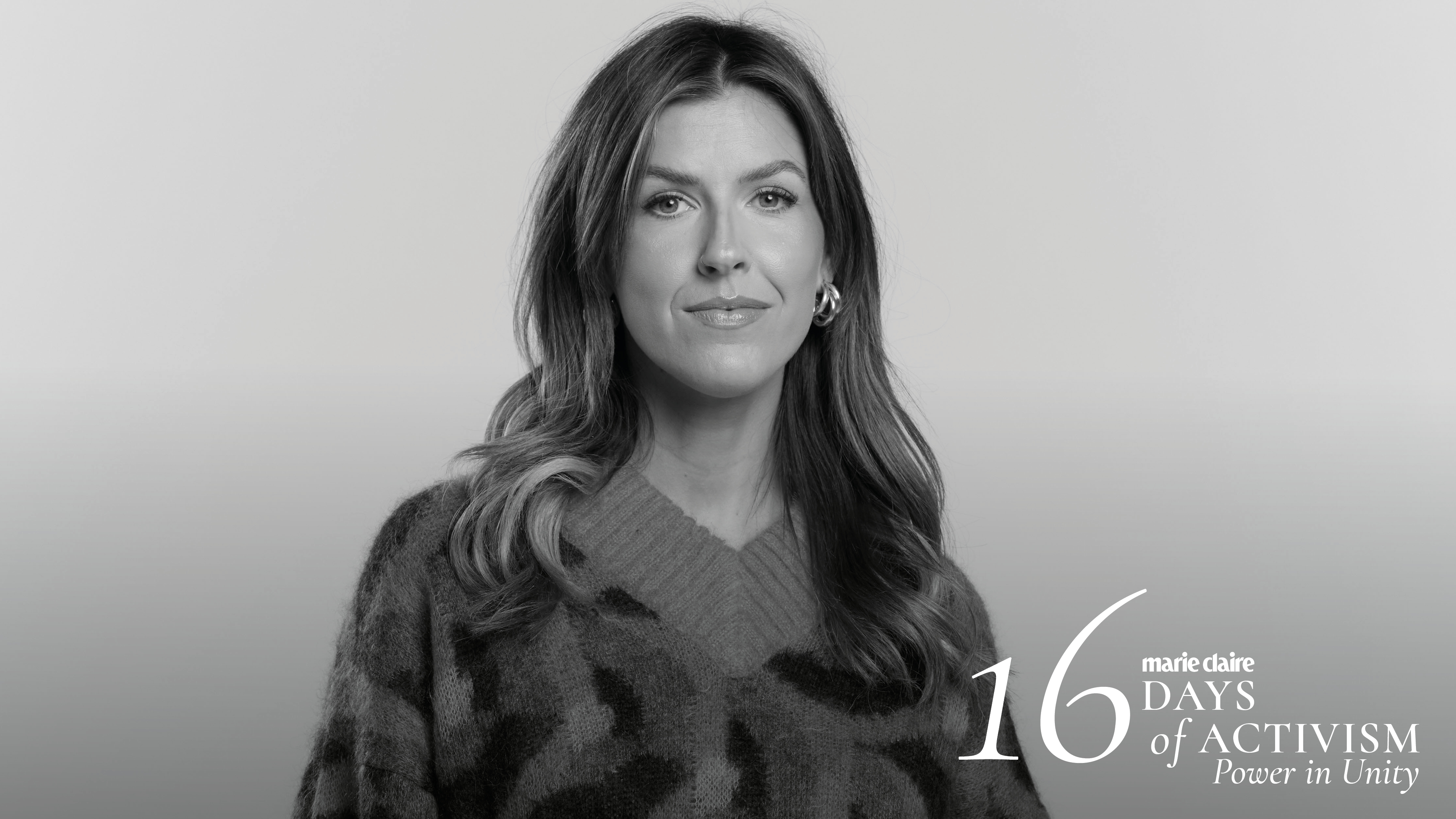

Undercover investigative reporter Ellie Flynn’s latest documentary exposes sexual harassment in Magaluf, but unlike her other investigations—such as revealing Temu’s toxic products—not everyone on social media is convinced. As part of our 16 Days of Activism Against Gender-Based Violence campaign, Ellie Flynn tells us what she’s learned about victim-blaming and asks what it will take for women to finally be believed?
In investigative reporter Ellie Flynn’s latest Channel 4 Untold documentary—Magaluf Undercover – Predators & Parties—she lies slumped on a beach lounger seemingly drunk and alone. It’s a convincing portrayal and, as feared, a man soon approaches her: “You are my last chance” he says before asking if she wants to “kiss a little bit”.
The clip has been viewed 257k times on Instagram alone and has 284 comments at the time of writing. It’s these comments that I want to speak to Flynn about because amongst the shock, horror, and outrage there is also victim blaming: “Stop being victims by over drinking it puts people at risk”; unsolicited advice: “Moral of the story beware of your surroundings...”; and most odious of all, overt misogyny and denial: “she was recording and setting people up”.
In the clip, Flynn asks “What is it about these kinds of holidays that seem to put women at risk?” but the question I want to know when we sit across from each other is: What will it take for people to believe women about sexual harassment and assault?
A post shared by UntoldC4 (@untoldc4)
A photo posted by on
Despite damning evidence captured on film—including the chilling soundbite, “She is completely wasted... Let’s go for it!”—there’s still widespread reluctance to hold perpetrators accountable. “She proved that shes [sic] not able to actually follow through with her research…” reads one comment about the fact that Flynn signalled security to get her out of what was visibly a worrying situation. Comments like this reveal a pervasive narrative—questioning the victim’s actions rather than condemning the offender's behaviour.
Flynn is all too familiar with these attitudes. With over a decade of reporting experience, she’s noticed firsthand a troubling trend—victim blaming has become more brazen. “There are people who are more openly victim blaming who are very quick to negate whatever reporting it is I’ve done because I think they feel like they can,” Flynn explains, citing the dangerous precedent set by powerful men accused of similar offences. “If you can make it to the presidency of the United States or to be one of the most powerful, richest men in the world by saying these things, with allegations stacked up against you, it does show young men that you can say and do whatever you want”.
There’s this knee-jerk triggered reaction, which is ‘I’m not like that. Therefore, there must be another excuse for this. It must be that she was too drunk. It must be that she egged it on in some way.’
Despite her work often focusing on the female experience and the dangers women face (often at the hands of men), Flynn is keenly aware of how difficult it is for young men and boys today. It’s something she thinks about a lot—as both a journalist and a mother of a two-year-old son. She makes a conscious effort to not group all men together, but she’s wise to the widening gap between the way that young women and young men think, feel, act and vote—something she sees as becoming really problematic.
Marie Claire Newsletter
Celebrity news, beauty, fashion advice, and fascinating features, delivered straight to your inbox!
Her work has started to unveil another troubling issue—conversations about sexual assault are often happening in silos. “You have young women saying; ‘Here are our experiences, we want things to change,’” says Flynn, and while some men engage with this conversation, others feel attacked by it. “There are a lot of men who I think feel triggered by those conversations and say, ‘Well, I’m not like that. I’m not violent. I’m not aggressive, why are you making me out to be a bad guy?’ Then there are powerful men who take that feeling of insecurity and turn it into something violent.” You only need to take a quick look at X following Trump’s win to see the jubilant misogyny on display and know that male defensiveness and insecurity are easily weaponised by voices like Andrew Tate.
I don’t understand what you want to see happen in order to believe that this is predatory, because I can’t really take it any further than I have.
This division fuels a dangerous cycle. Defensive reactions easily evolve into excuses for predatory behaviour—suggestions that the victim was too intoxicated, or even complicit. As Flynn puts it, “They make excuses for other men’s predatory behaviour because they don’t want to be painted with the same brush, but that just fuels this whole problem.” The underlying message? Women must bear the responsibility for preventing their own assaults.
This isn’t the only challenge Flynn faces in her reporting—the demand for “proof” is huge. She says that the responses sometimes make her question whether it would take something catastrophic happening to her for people to be “satisfied”.
It feels like sometimes in the responses that I get these documentaries that people won’t be satisfied unless something actually happens to me—How far do you want me to go?
“I think it would take me being actually sexually assaulted on camera for them to believe it,” says Flynn of the deniers. Even then, she questions whether people would find another excuse. “I am putting my personal safety at risk every time I do this. I do push it to a point where I’m feeling really afraid, but I let things go quite far because I think it’s important journalistically to prove that intent.” It’s frustrating that so many responses undermine her reporting and the very real danger she faces by exposing violence against women and girls. “It’s like, well, what do you want from me; what do you actually want to happen to me—what is gonna make you believe that this is real?”
This expectation underscores a chilling reality, our threshold for validating sexual assault allegations is disturbingly high. Victims are expected to deliver impossible levels of proof while their experiences are scrutinised more intensely than the perpetrator’s actions. We see this in the shamefully low prosecution rates for sexist crimes and the refusal to believe victims even when faced with seemingly irrefutable evidence or even a guilty conviction—a statistical rarity in sexual offences—as evidenced in the staunch defence of Conor McGregor.
“I think that they are people who want to blame women, who want to negate this issue and who don’t want to believe that it’s a problem,” Flynn adds.
She knows that there are good male allies, but she wants to start seeing a broader understanding and sympathy for the dangers women face and for men to be proactively involved in that conversation. She wants more men to think about the daily fear women have to live with—a theme that’s been playing out since Saoirse Ronan’s viral soundbite last month. “We talk about the really extreme cases, but there’s also this very real element of just fear. The fear of going out and walking alone is another huge issue.”
Ultimately, Magaluf Undercover exposes more than just predatory behaviour on a Spanish party island; it reveals how deeply entrenched rape culture remains. The reluctance to believe women, the knee-jerk defences of male behaviour, and the endless cycle of victim blaming all point to a grim truth—too many people are more invested in preserving their worldview than addressing systemic issues.
As Flynn concludes, I don’t get that [level of defensiveness] in other types of undercover reporting, and I think that that’s really telling.” Until as a society, we shift the focus from scrutinising victims to holding perpetrators accountable, the cycle will continue, leaving women like Flynn to ask, “What will it take for you to believe us?”

Mischa Anouk Smith is the News and Features Editor of Marie Claire UK.
From personal essays to purpose-driven stories, reported studies, and interviews with celebrities like Rosie Huntington-Whiteley and designers including Dries Van Noten, Mischa has been featured in publications such as Refinery29, Stylist and Dazed. Her work explores what it means to be a woman today and sits at the intersection of culture and style. In the spirit of eclecticism, she has also written about NFTs, mental health and the rise of AI bands.
-
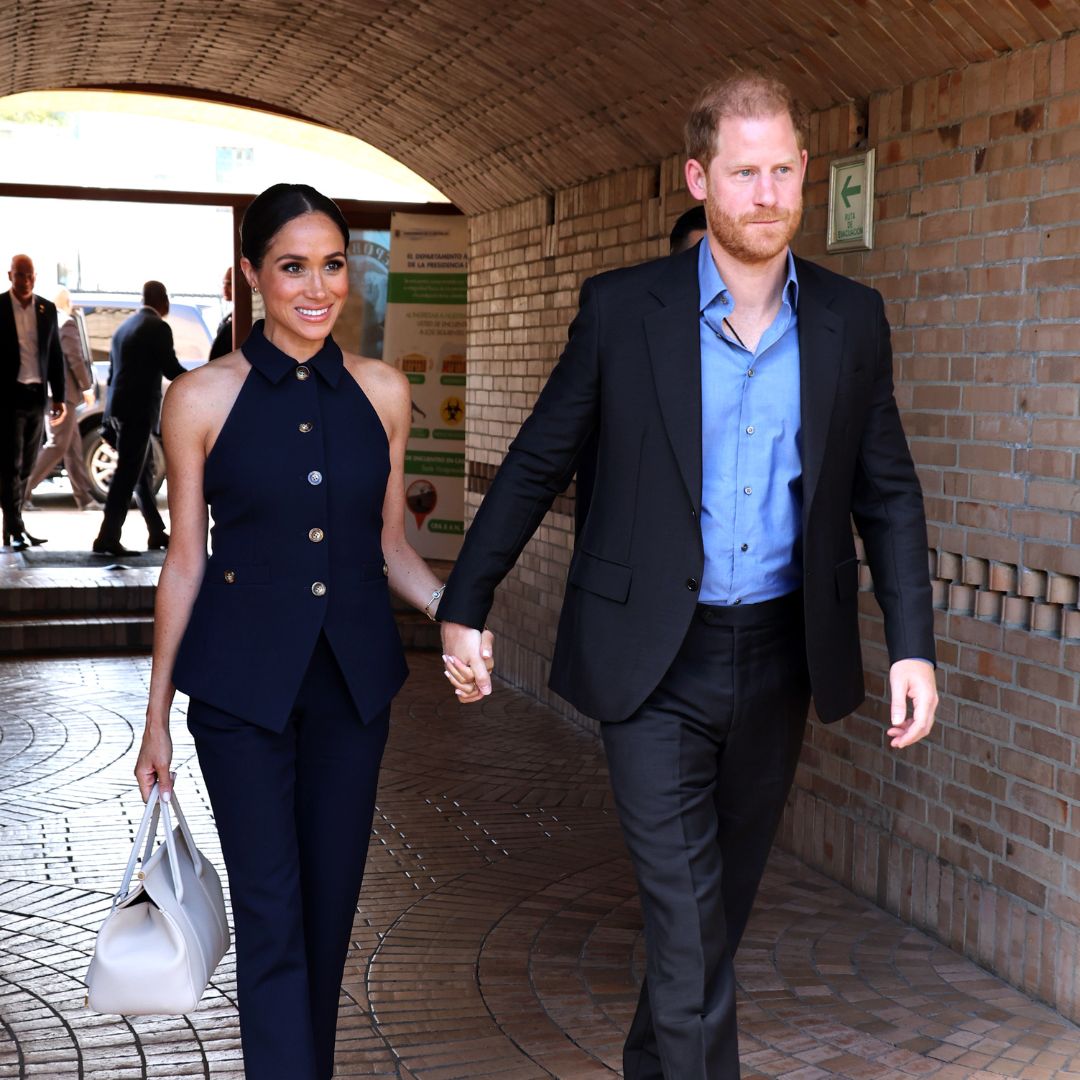 Prince Harry's "proud" words about wife Meghan Markle are going viral
Prince Harry's "proud" words about wife Meghan Markle are going viralBy Jenny Proudfoot
-
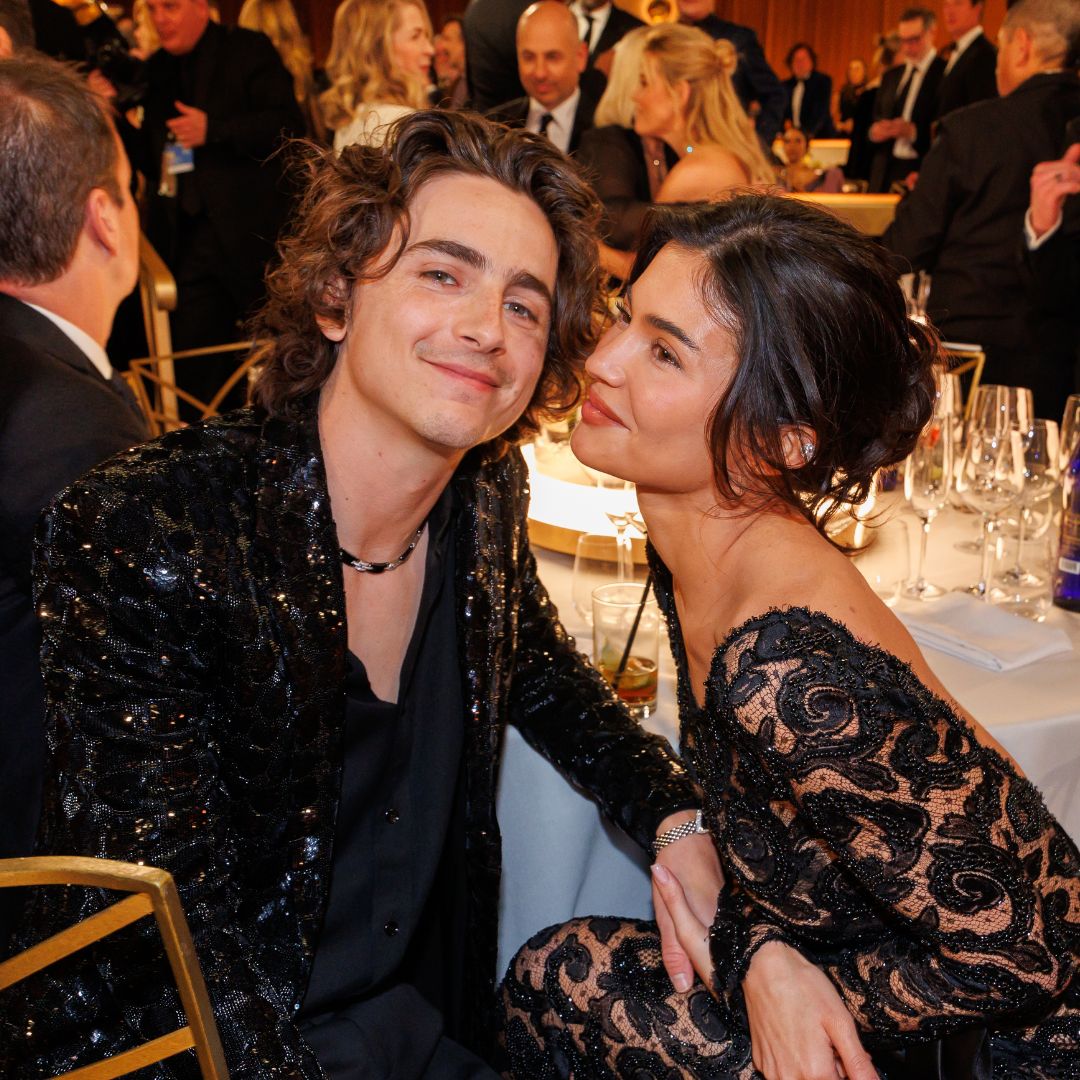 Sources have opened up about Timothée Chalamet and Kylie Jenner's "intense" start to the year
Sources have opened up about Timothée Chalamet and Kylie Jenner's "intense" start to the yearBy Jenny Proudfoot
-
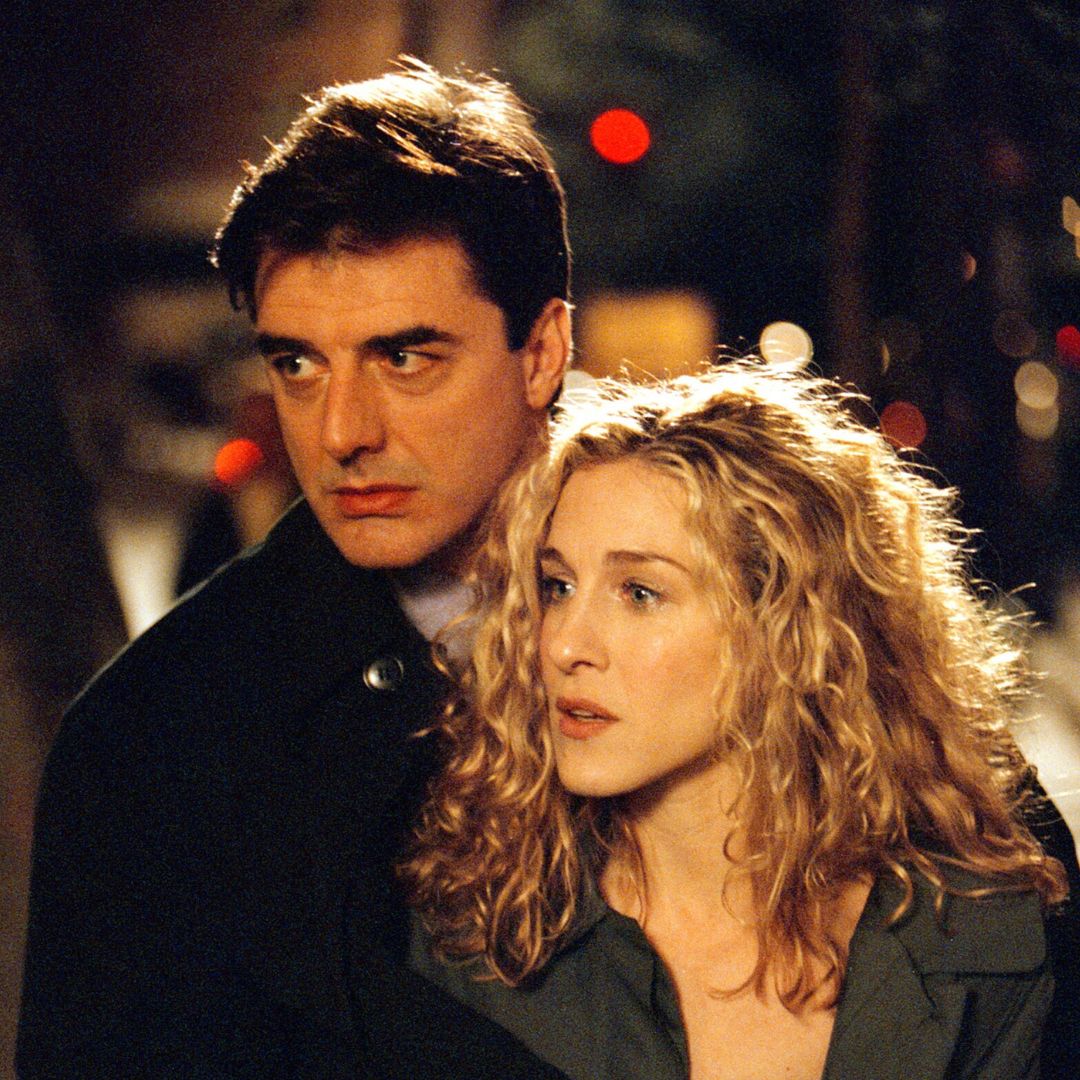 Two Hollywood actresses were offered the role of Carrie Bradshaw before Sarah Jessica Parker
Two Hollywood actresses were offered the role of Carrie Bradshaw before Sarah Jessica ParkerBy Jenny Proudfoot
-
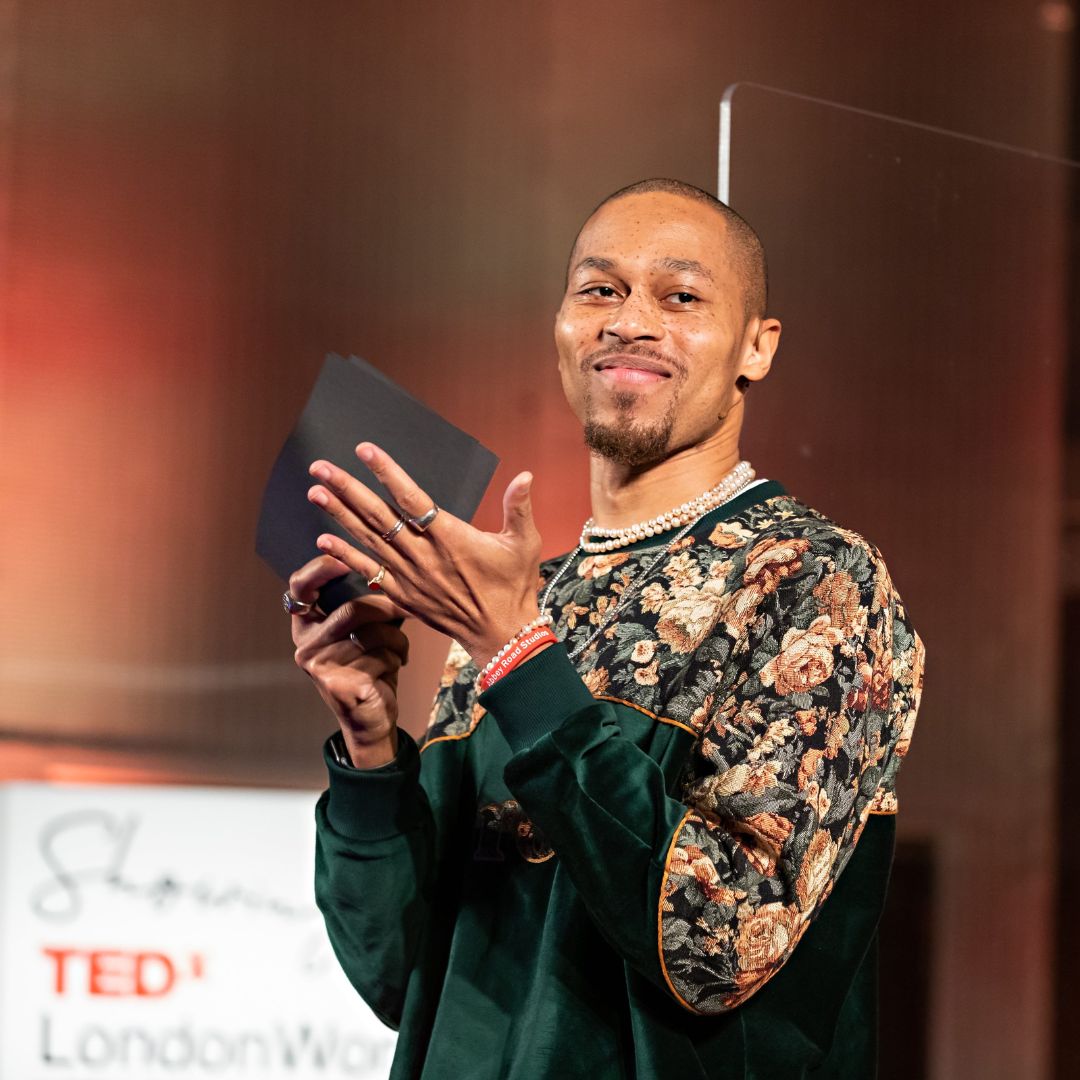 Why Women Need Male Allies: “If women and girls could solve gender-based violence, it would have been solved a long time ago”
Why Women Need Male Allies: “If women and girls could solve gender-based violence, it would have been solved a long time ago”Does the answer to ending violence against women and girls start with male allies and positive masculinity?
By Mischa Anouk Smith
-
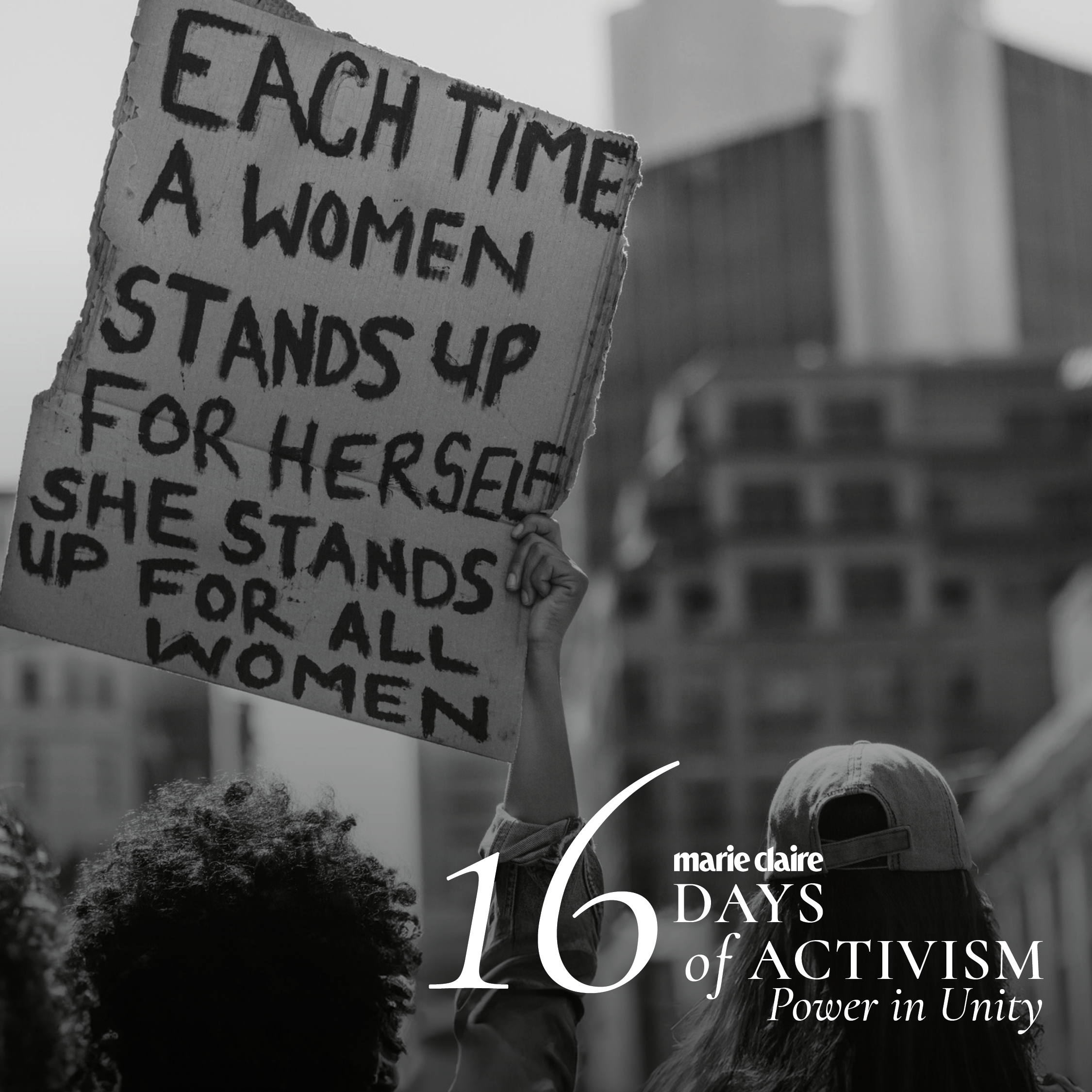 Conor McGregor is a stark reminder that even a guilty verdict won’t silence rape apologists
Conor McGregor is a stark reminder that even a guilty verdict won’t silence rape apologists“This case highlights just how gendered gendered-violence is” argues Chloe Laws
By Chloe Laws
-
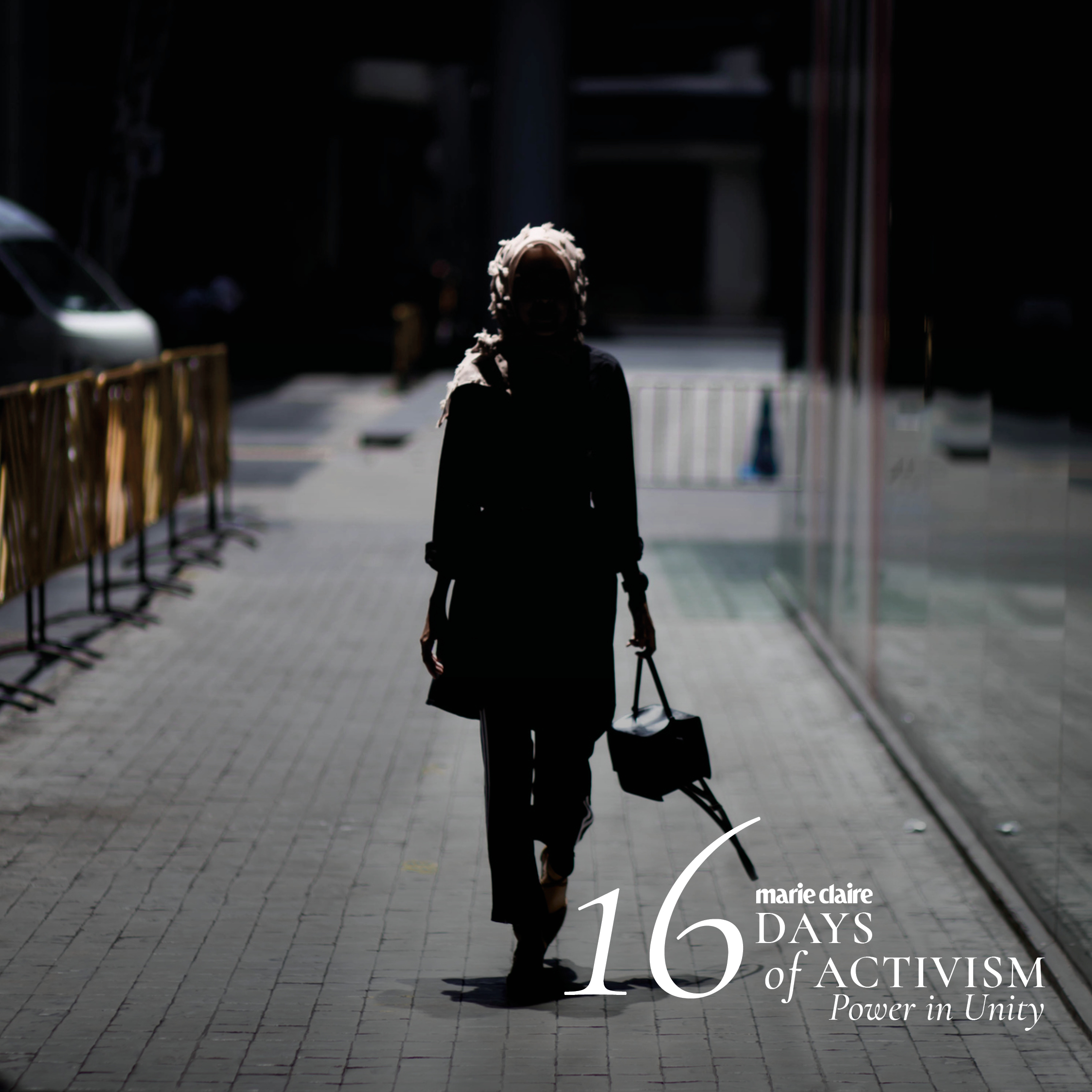 I’m tired of walking home with my keys between my fingers
I’m tired of walking home with my keys between my fingersWhen was the last time you felt safe walking home at night?
By Mischa Anouk Smith